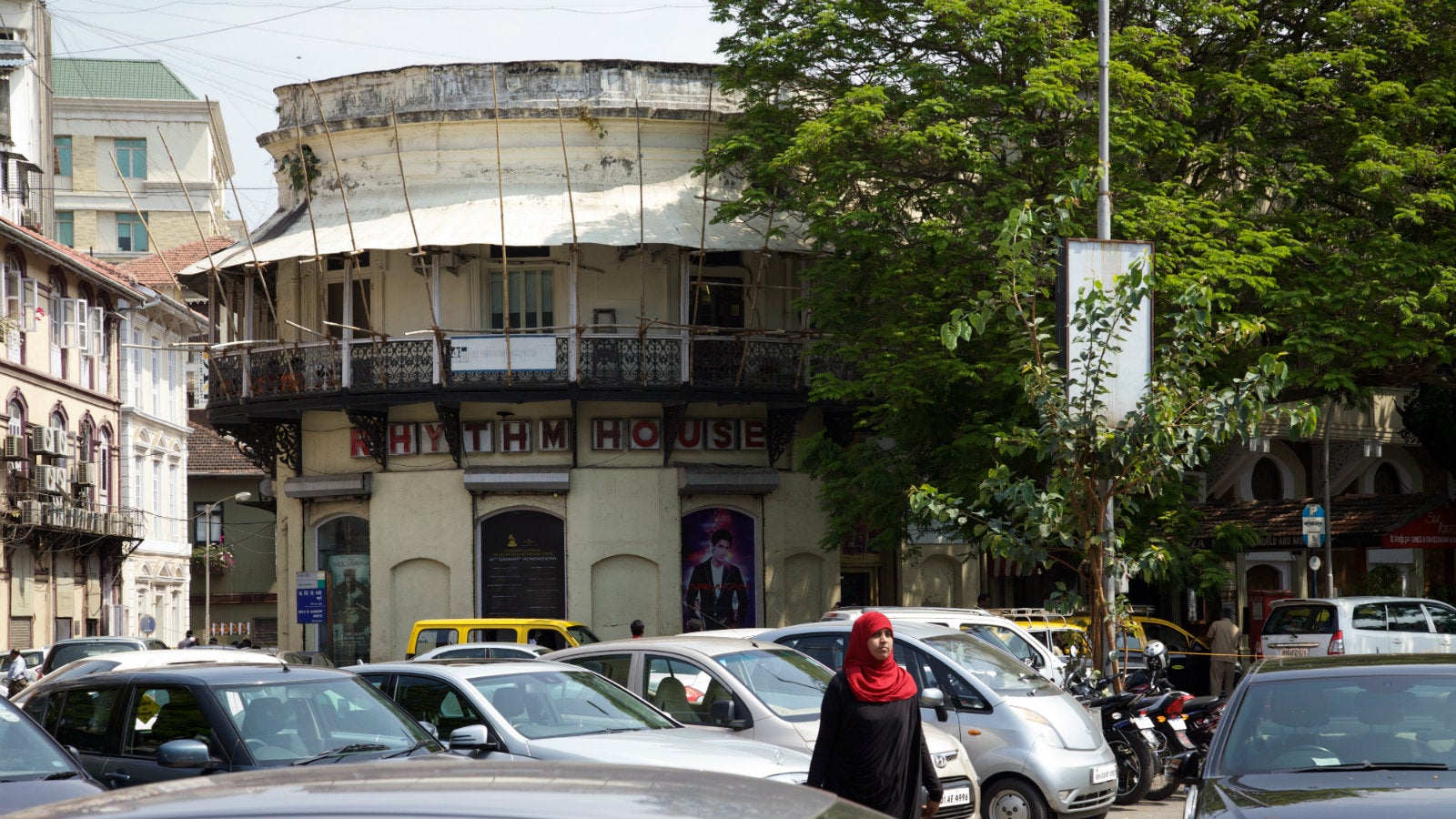One good thing could come out of the PNB-Nirav Modi scam
There could be one silver lining to the Punjab National Bank (PNB) scam cloud: the revival of Mumbai’s iconic record store, Rhythm House, which shut shop in 2016 and was later acquired by Nirav Modi, the man at the centre of the storm.


There could be one silver lining to the Punjab National Bank (PNB) scam cloud: the revival of Mumbai’s iconic record store, Rhythm House, which shut shop in 2016 and was later acquired by Nirav Modi, the man at the centre of the storm.
Following the uncovering of the nearly $2 billion fraud allegedly perpetrated by Modi and his uncle, Mehul Choksi, India’s income-tax department has been seizing the jeweller’s assets and properties, including, most recently, Rhythm House. But on Feb. 26, Anand Mahindra, chairman of the Mahindra Group, took to Twitter to suggest that this could be a good opportunity to bring the historic store back to life.
His tweet evoked support from Vishal Dadlani, the vocalist of the pioneering Indian rock band, Pentagram, besides veteran journalist Siddharth Bhatia, and politician Milind Deora, among others.
Rhythm House had been a fixture of south Mumbai’s Kala Ghoda neighbourhood since 1943 when it was founded by Suleman Nensey. Following his death in 1975, his partner Mammoo Curmally took over the business with his brother Amir, and the Curmally family went on to manage the store through decades of change, as the Indian music industry evolved from selling records to cassettes and then CDs. Beloved by generations of music-lovers, and frequented by artists such as AR Rahman and Zakir Hussein, Rhythm House became a Mumbai landmark where you could find a curated collection of everything from Hindustani and Carnatic classical music to Western bands.
But the onset of digital downloads and streaming, and booming e-commerce, made it tough to sustain business. In 2015, the Curmally family announced that Rhythm House would be closing its doors for good the following year, and music-lovers across the country lamented the loss.
In 2017, Modi’s Firestar Diamond International reportedly bought the building for Rs32 crore ($4.9 million), according to The Times of India, looking to open a jewellery showroom in the space.
Amid the ongoing probe now, Rhythm House’s future is again up for debate. And Mahindra’s idea is gathering support from music-lovers across the country. He’s even suggested crowd-sourcing funds to help everyone participate in reviving the space.
This wouldn’t be the first time Mahindra has stepped in to rescue a distressed asset. After the IT services company Satyam Computers imploded following the unravelling of a massive fraud in 2009, Tech Mahindra, a unit of Mahindra & Mahindra, acquired the floundering business. Quartz has contacted Mahindra for comments and will update this story when we hear back.
Feature image by David Brossard on Flickr, licensed under CC BY-SA 2.0.